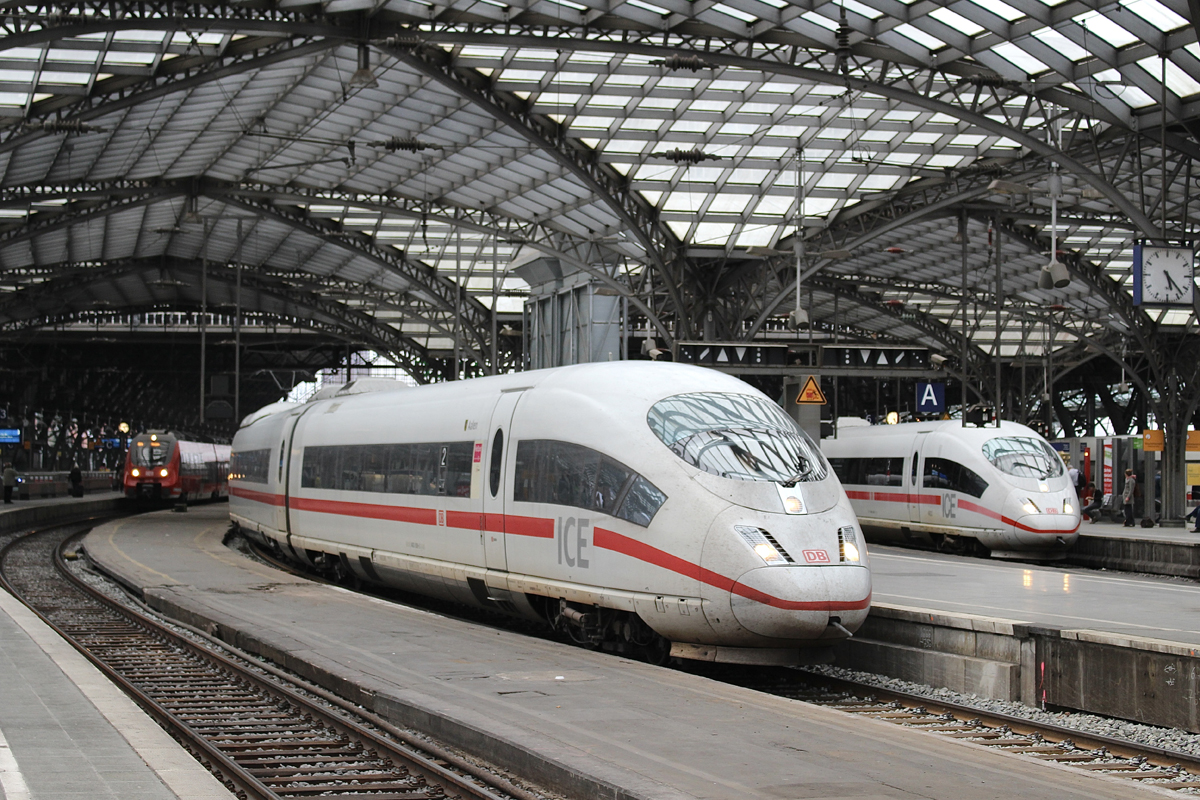
BERLIN — The CEO of Deutsche Bahn, Germany’s troubled national rail company, has been fired.
Broadcaster Deutsche Welle reports Richard Lutz, who had been CEO since 2017 and had a contract through March 2027, was dismissed by Transport Minister Patrick Schnieder today (Aug. 14, 2025). A DB representative said Lutz would continue as a caretaker executive until a successor is named.

“I thank Dr. Lutz for his efforts in difficult times,” Schnieder said. “I am sure that he will continue to do all he can for the railway in his remaining weeks.”
Schnieder said the government will announce a new strategy for the 100% state-owned rail company on Sept. 22, and that he hoped to announce a new CEO at that time, as well. The government installed in May, led by Chancellor Friedrich Merz, has said it plans to restructure the company’s management and address its aging infrastructure.
“Whether in terms of customer satisfaction, punctuality or economic performance, the situation on the railways is dramatic,” Schnieder said. “The railway must be punctual, safer, and clean, and the company must become faster, leaner, more effective, and more economical.”
The newspaper Die Zeit reports that the company lost €760 million ($885 million) in the first half of 2025. DB’s poor on-time performance — which has slid from 78.5% in 2017 to 62.5% last year, costing it €197 million ($229.5 million) in passenger compensation — has become a national issue, as has its neglected infrastructure. Earlier this year, Lutz called for €150 billion for modernizing the rail network [see “CEO of Germany’s Deutsche Bahn says …,” Trains.com, April 21, 2025]. The company had begun a series of maintenance projects in which lines are shut down for rebuilding; currently the route between the nation’s two largest cities, Berlin and Hamburg, is shut down for nine months for repairs.






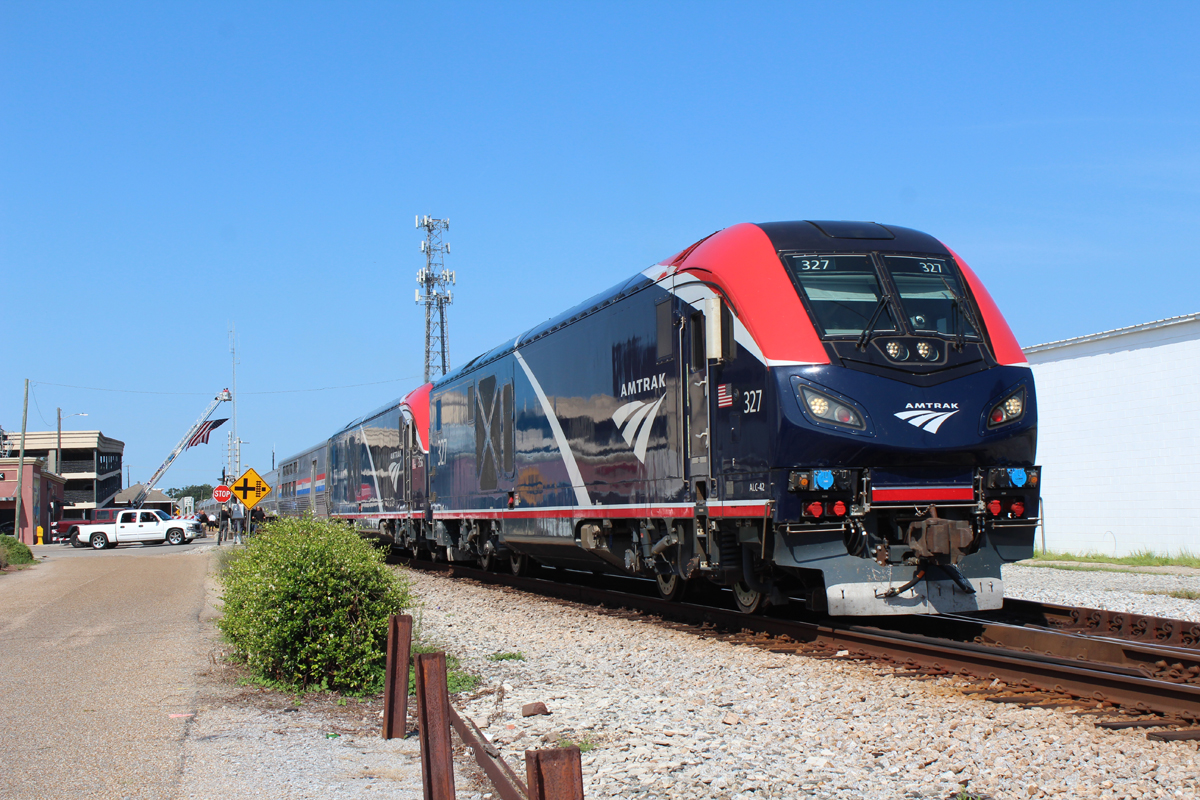
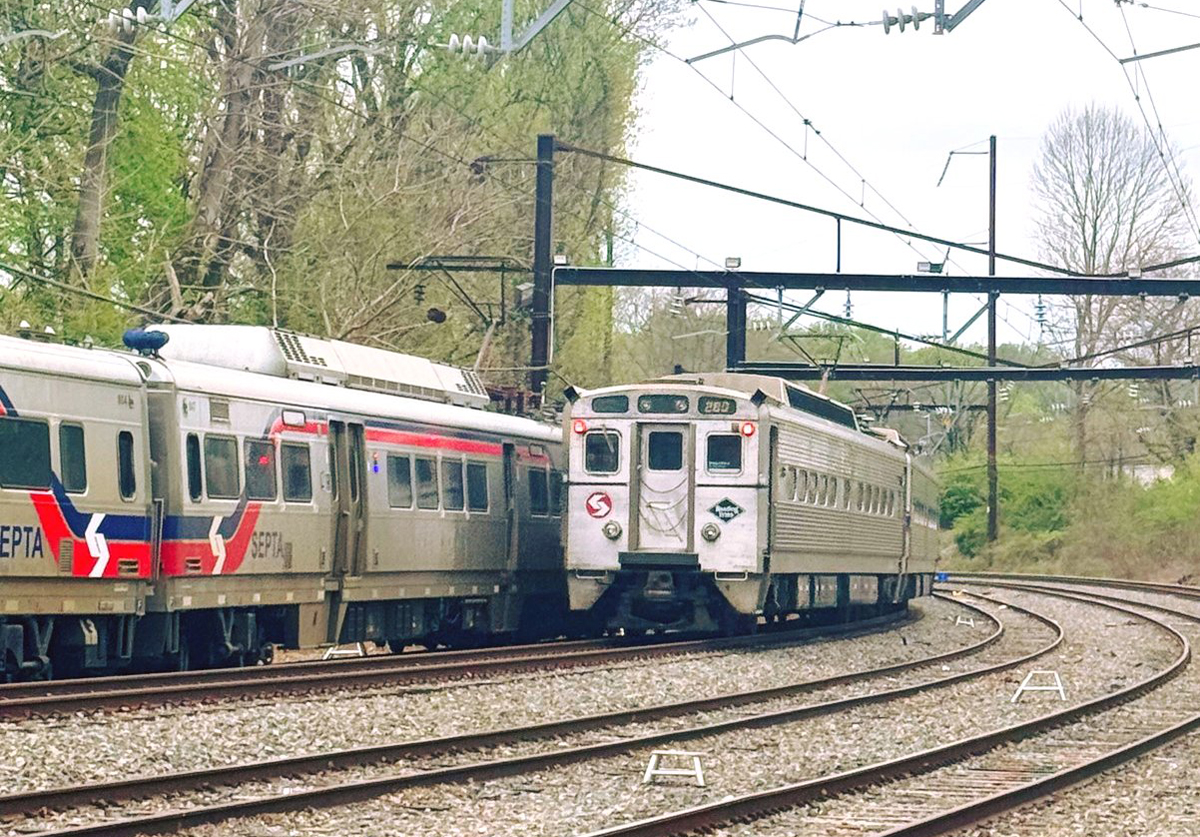
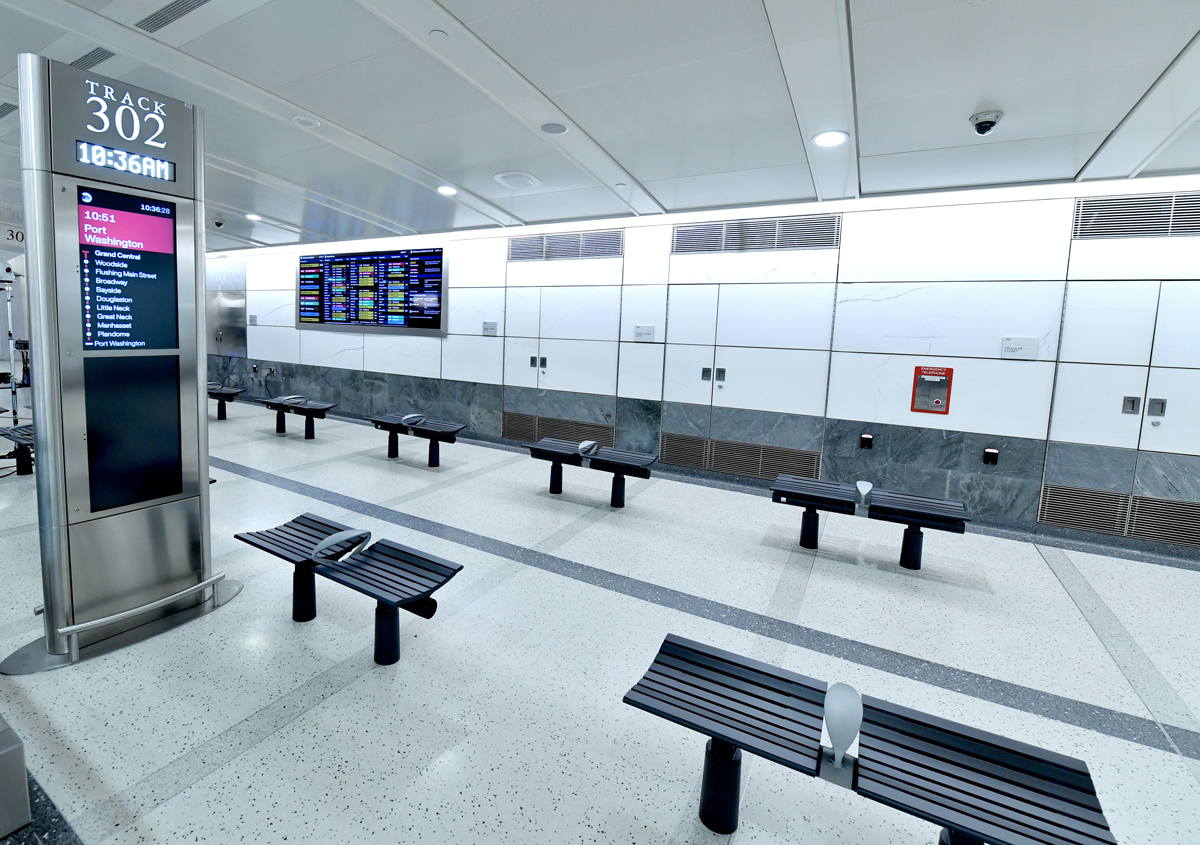
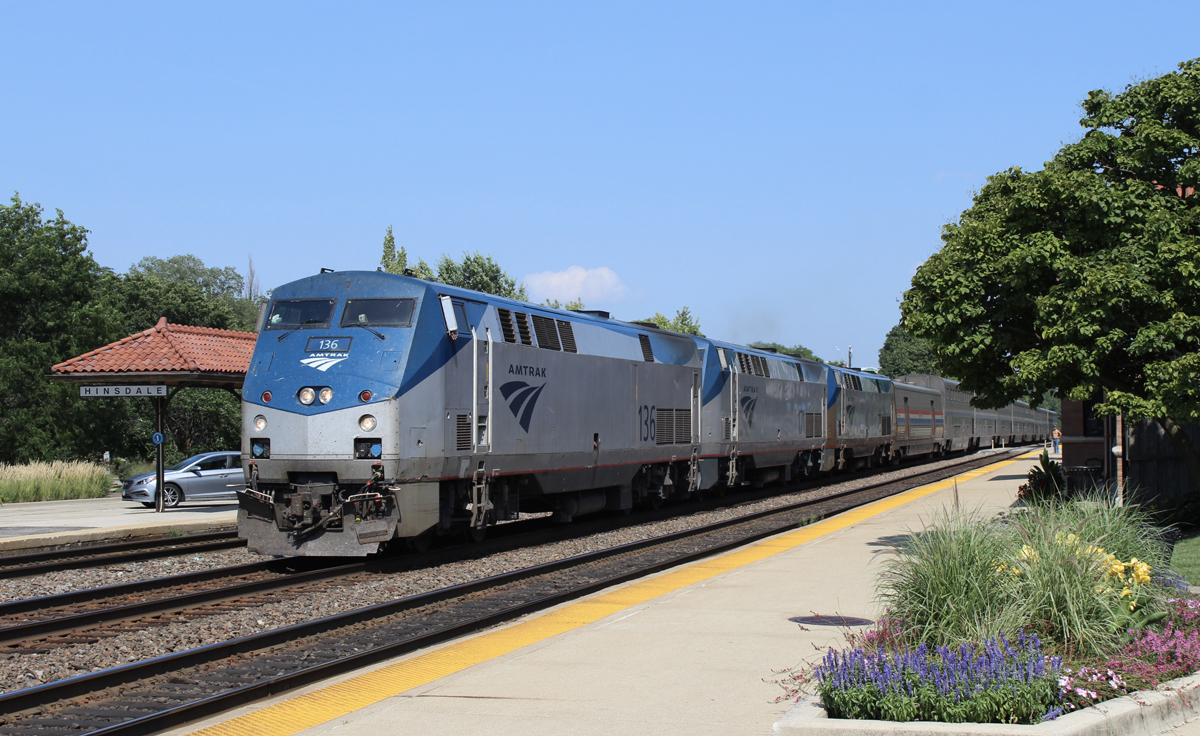




The German national railway, over twenty thousand miles including actual high-speed trains, is struggling. That should give pause to everyone in the industry.
Amtrak does a good job where passenger trains in the U.S. make sense, which is relatively short, high density corridors where the cost to expand the airways and highways is prohibitive.
In FY 24 the NEC, which is Amtrak’s premier corridor, the average on-time percentage was 82.3%. The average minutes late per rider, when applicable, was 43 minutes. The average on-time percentage for the non-NEC corridors was 79.8%, and the average minutes late per rider, when applicable, was 46 minutes.
It is the long-distance trains that give Amtrak a bad image. Their average on-time percentage was just 54.1%. And the average minutes late per rider, when applicable, was 89 minutes or 1 hour, 29 minutes.
Take away the long-distance trains, which make no economic sense, and Amtrak’s on-time performance, as well as other performance criteria, improve dramatically.
An unavoidable decision… Remember that Dr. Lutz’s days have been numbered since Germany’s new government took office under Chancellor Friedrich Merz in last May, pledging to restructure DB’s management and modernize the country’s creaking transport infrastructure.
Dr. Güntürk Üstün
This is truly bad news for Dr. Richard Lutz. He has been virtually untouchable in the DB community for a long time.
Dr. Güntürk Üstün
All I know is DB lost their shirt (and on time performance on certain routes) when they embraced the hydrogen fueled Stadler trainsets.
They ended up taking them out of service and gave away a bunch of them to some eastern EU transit agencies.
While many blamed the Ballard fuel cells, the most likely culprit was an acute shortage of commercial grade hydrogen in the EU. Some of the suppliers were reportedly diluting the hydrogen with inert gases to meet the order deadlines. Hence less power.
So no more fahr’n fahr’n fahr’n auf der Deutsche Bahn for Richard Lutz then?
Ah, if AMTRAK’s Board would only hold the railroad’s leadershiop to the same standards as Mr. Schneider set: “The railway must be punctual, safer, and clean, and the company must become faster, leaner, more effective, and more economical.”
Never happen…